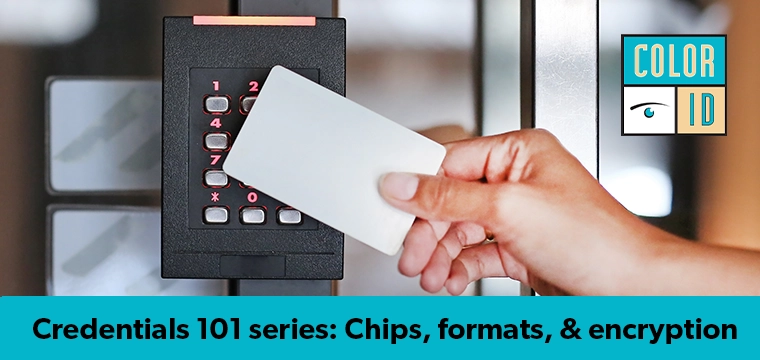Should universities be required to offer their smart card programs to off-campus vendors? At least one legislator in Ohio and the 40 cosponsors of his bill think the answer is “yes.”
Under the guise of unfair competition, Rep. Shawn Webster has again filed a bill that would force Ohio universities to allow students to use their campus ID cards with off-campus merchants, i.e. bookstores and restaurants. Though neither are specifically mentioned in the bill, they are the most likely beneficiaries were the bill to pass.
According to the fiscal analysis of the bill, it would require “a university that establishes a program providing enrolled students with financial transaction devices (credit cards, debit cards, charge cards, and prepaid or stored-value cards) to allow such students to use the devices to purchase goods and services from three types of establishments: the university itself; private vendors authorized to sell merchandise or services on campus and who elect to participate; and private vendors…off campus who elect to participate.”
The university, says the bill, may also charge vendors a transaction fee up to 4% of the vendor’s gross transaction revenues.
That same analysis focuses on four Ohio universities-two which allow off-campus merchant participation, Ohio State and Kent State Universities-and two which don’t, Ohio and Miami Universities.
Interestingly, while it is the off-campus businesses that are pushing for this law in Ohio, in the Ohio State case, they were reluctant to sign on at first. Valerie Shafer, OSU’s Director of Information Systems and Services, said the university would have liked merchant involvement in its campus card program from day one, “but they were a bit apprehensive about our program.”
When off-campus merchants did take the plunge nearly nine years ago, six months after the first card was issued, OSU started with about six merchants, including two bookstores, a convenience store and a Wendy’s.
As of June, 2003, 30,000 students had deposited almost $12.5 million with the university. FY2003 sales of nearly $10 million were distributed evenly among three categories of merchants: bookstores, food, and other. But the big statistic is that 75% of transactions occurred off-campus.
The legislative analysis notes that the $360,000 in merchants transaction fees do not cover the university’s $442,000 in costs, leaving the university to rely on $70,000 in interest income on deposits to make up most of the difference.
Kent State has between 11,000 and 12,000 of its 20,000 students using its Flashcash debit program with about 24 off-campus merchants, mostly foodservice locations, participating. It has a pricey transaction fee for off-campus businesses–10%, compared to just 2% to 5% for on-campus locations.
Obviously, the universities most likely to be fiscally affected by Representative Webster’s proposed legislation are Ohio and Miami Universities as well as others that do not currently make their debit cards available off-campus.
The analysis notes these affects:
But the analysis also notes that if, as in Ohio State’s case, the transaction fees don’t cover the cost of maintaining the system, then those fees may have to go up. And if you raise the transaction fees, will you also lose some merchant participation?
These are the issues Ohio legislators will have to grapple with when they discuss and, eventually, vote the bill up or down.




